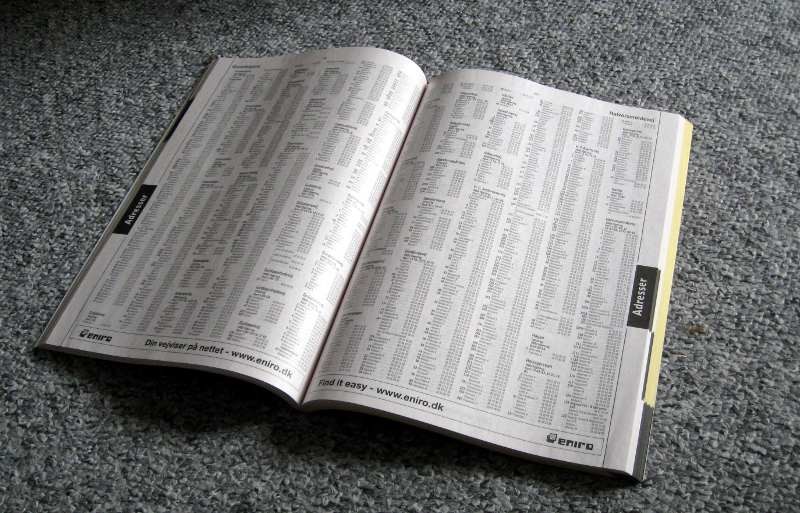
Sometimes it can be difficult to locate the executor of a will, particularly if a will and testament is prepared many years before an individual’s passing.
Read more: What Happens if the Executor of a Will Dies?
In this case, there are a number of steps that must be taken to delegate the items of the deceased’s estate and ensure everyone receives the inheritance they’re entitled to:
An Unsuccessful Search: The Next Steps…
If the executor of the will cannot be found, the next step is to consult the non-contentious probate rules. These rules have provisions in case such a situation arises and will advise you on your options.
In most cases, one or more of the residuary beneficiaries will be required to obtain a ‘Grant of Letters of Administration with Will Annexed’. This will provide the legal entitlement for the persons seeking to take over the role and actions of the previous executor.
If a residual beneficiary is not prepared to take over the role of executing the will Rule 20 of the Non-Contentious Probate Rules 1987 (NCPR 1987) can provide a hierarchal list of people who are authorised to apply for such a grant. It states:
‘Where the deceased died on or after 1 January 1926 the person or persons entitled to a grant in respect of a will shall be determined in accordance with the following order of priority, namely—
(a) the executor (but subject to rule 36(4)(d) below);
(b) any residuary legatee or devisee holding in trust for any other person;
(c) any other residuary legatee or devisee (including one for life) or where the residue is not wholly disposed of by the will, any person entitled to share in the undisposed of residue (including the Treasury Solicitor when claiming bona vacantia on behalf of the Crown), provided that—
(i) unless a registrar otherwise directs, a residuary legatee or devisee whose legacy or devise is vested in interest shall be preferred to one entitled on the happening of a contingency, and
(ii) where the residue is not in terms wholly disposed of, the registrar may, if he is satisfied that the testator has nevertheless disposed of the whole or substantially the whole of the known estate, allow a grant to be made to any legatee or devisee entitled to, or to share in, the estate so disposed of, without regard to the persons entitled to share in any residue not disposed of by the will;
(d) the personal representative of any residuary legatee or devisee (but not one for life, or one holding in trust for any other person), or of any person entitled to share in any residue not disposed of by the will;
(e) any other legatee or devisee (including one for life or one holding in trust for any other person) or any creditor of the deceased, provided that, unless a registrar otherwise directs, a legatee or devisee whose legacy or devise is vested in interest shall be preferred to one entitled on the happening of a contingency;
(f) the personal representative of any other legatee or devisee (but not one for life or one holding in trust for any other person) or of any creditor of the deceased.‘
Further Difficulties to Consider
Searching for an Executor
In order for a grant to be successful, The Probate Registry must be satisfied that a ‘reasonable’ attempt has been made to find the originally appointed executor. This is evidenced with a sworn statement.
It is important to make a conscious effort to find the executor of a will. You can search for a person in a number of ways, such as:
• In the phone book
• At Companies House
• Through the Land Registry
• On social media
• Through word of mouth
• In online listings such as 192.com
Access to the Deceased’s Financial Details
In order to obtain a Grant of Letters of Administration, the individual will be required to know the financial details of the deceased and pay the due inheritance tax. However, this can prove difficult at times as banks are reluctant to provide such information to anyone who is not the named executor.
If you encounter this issue, the Law Society has agreed a set protocol with some of the UK’s biggest banks, which you can refer to.
Our Expert Probate Solicitors in Cardiff Can Help
If you have more questions about wills and probate, or would like our friendly probate solicitors to apply for a grant on your behalf, contact our team on 0808 178 2773.

(image: Thomasz Sienicki under CC BY 3.0)
